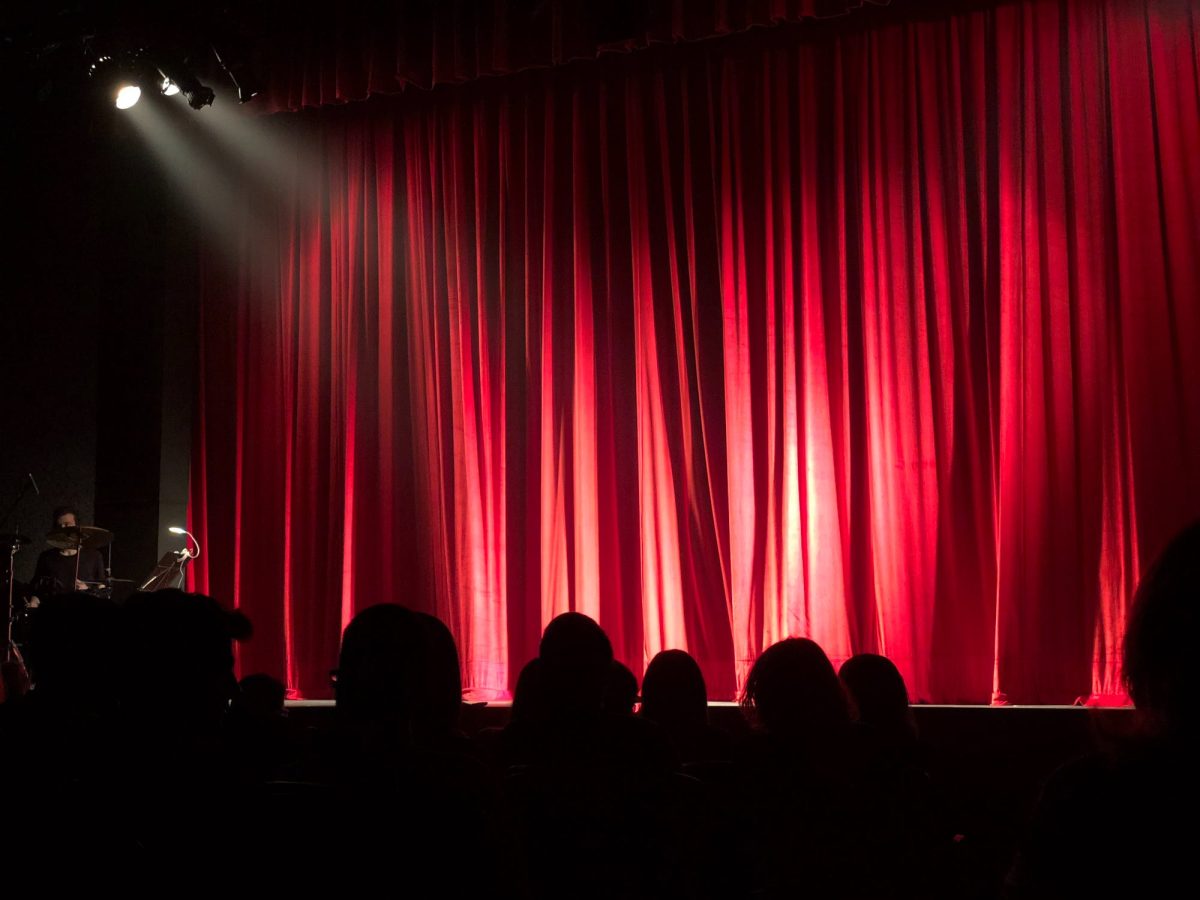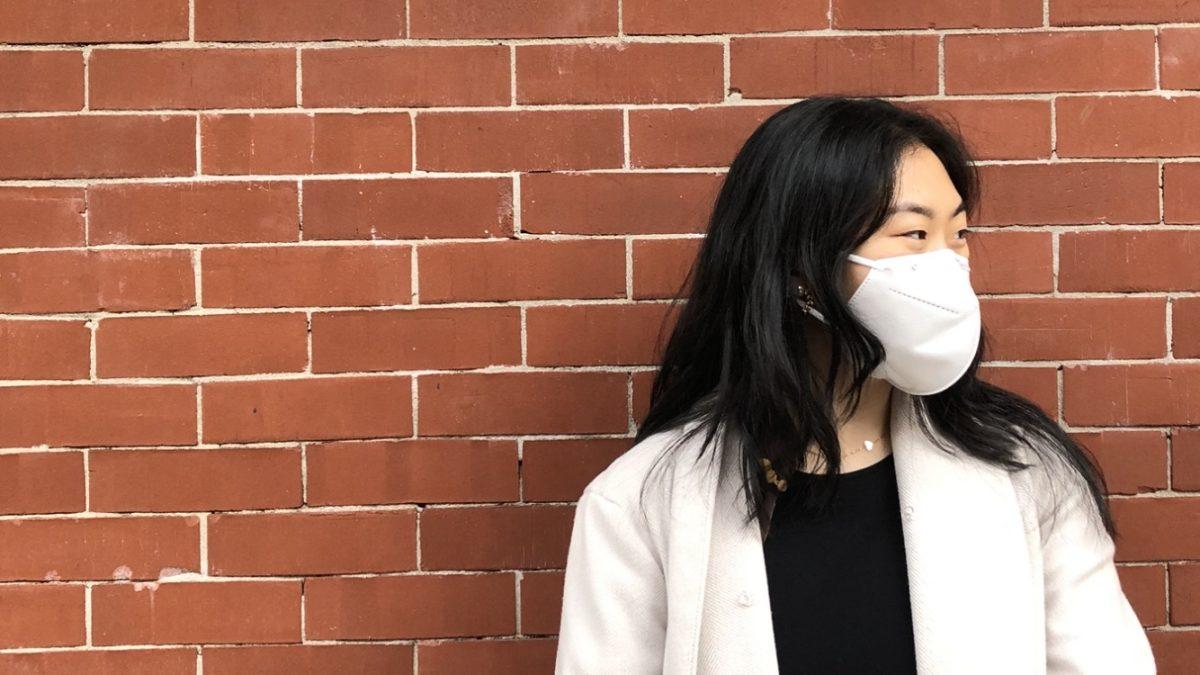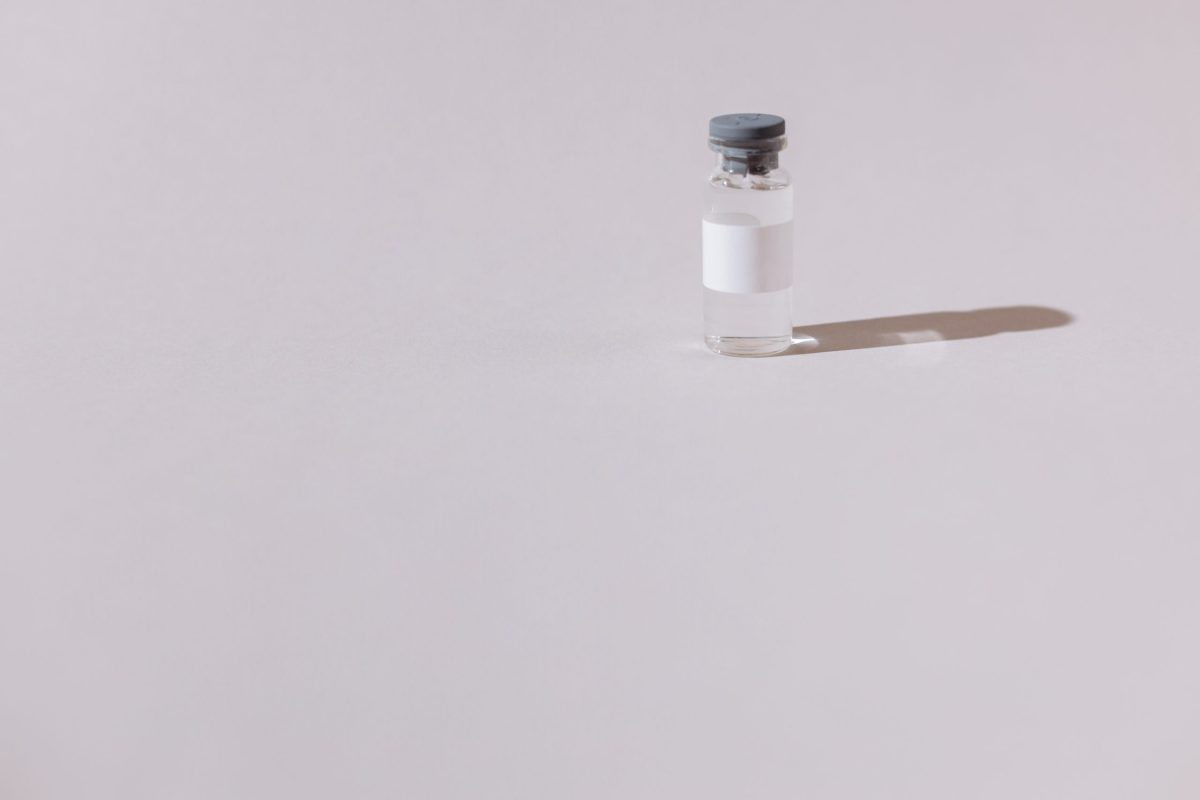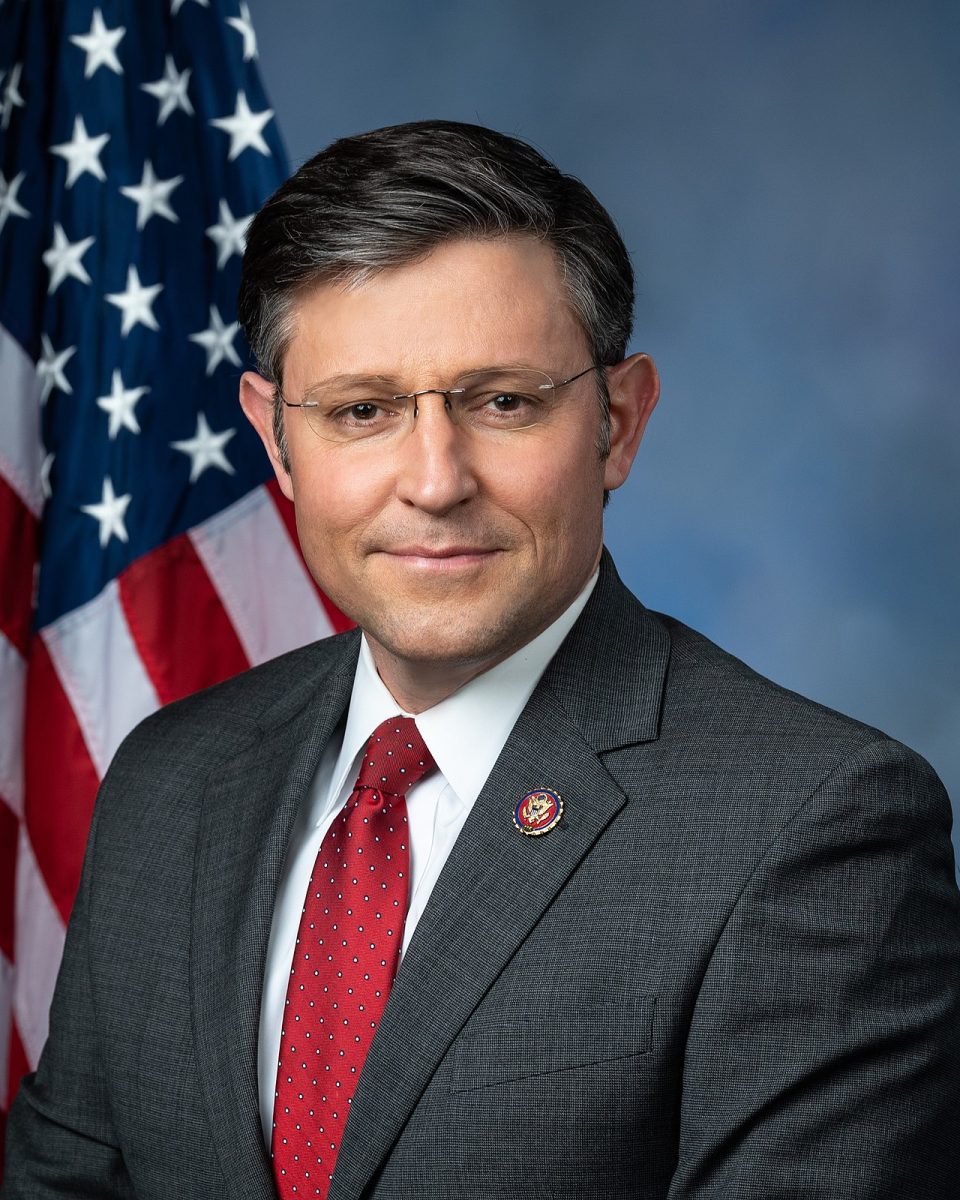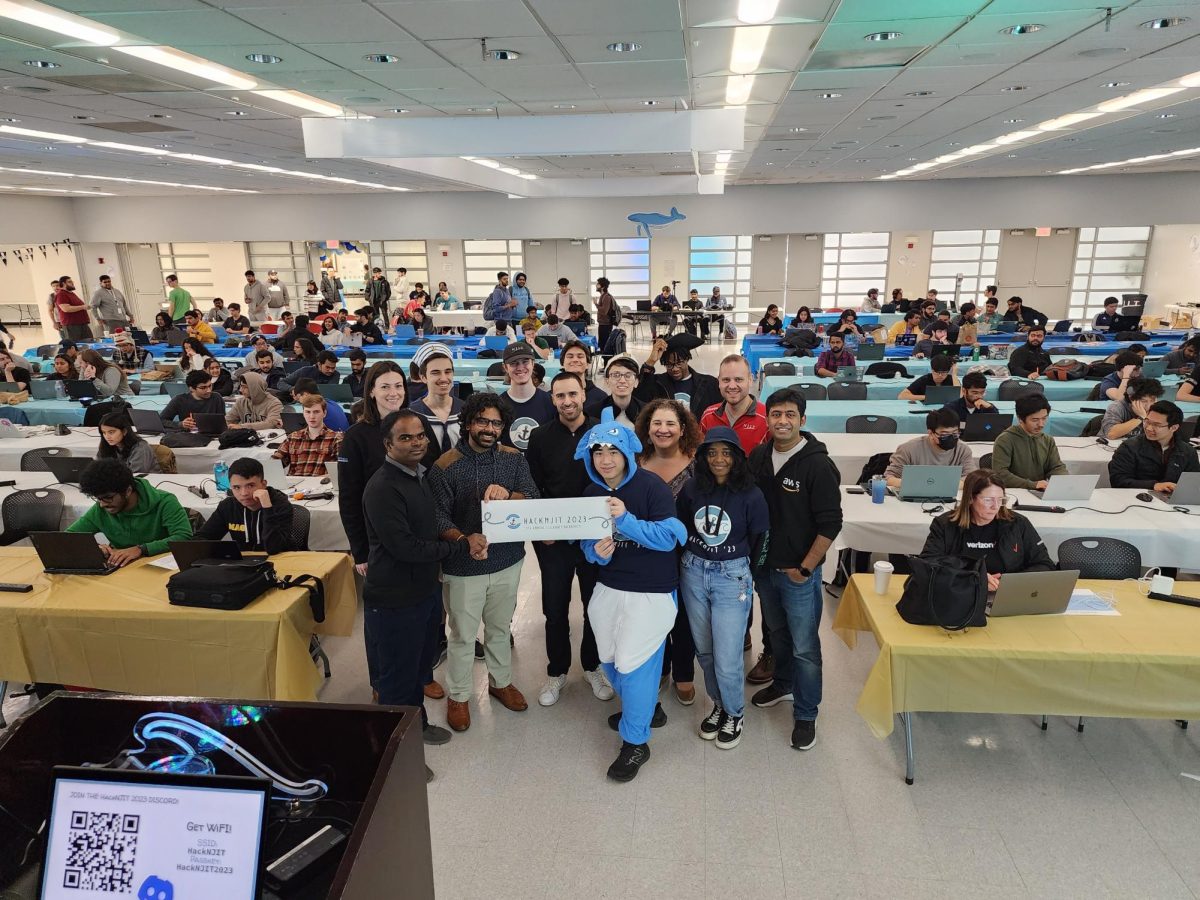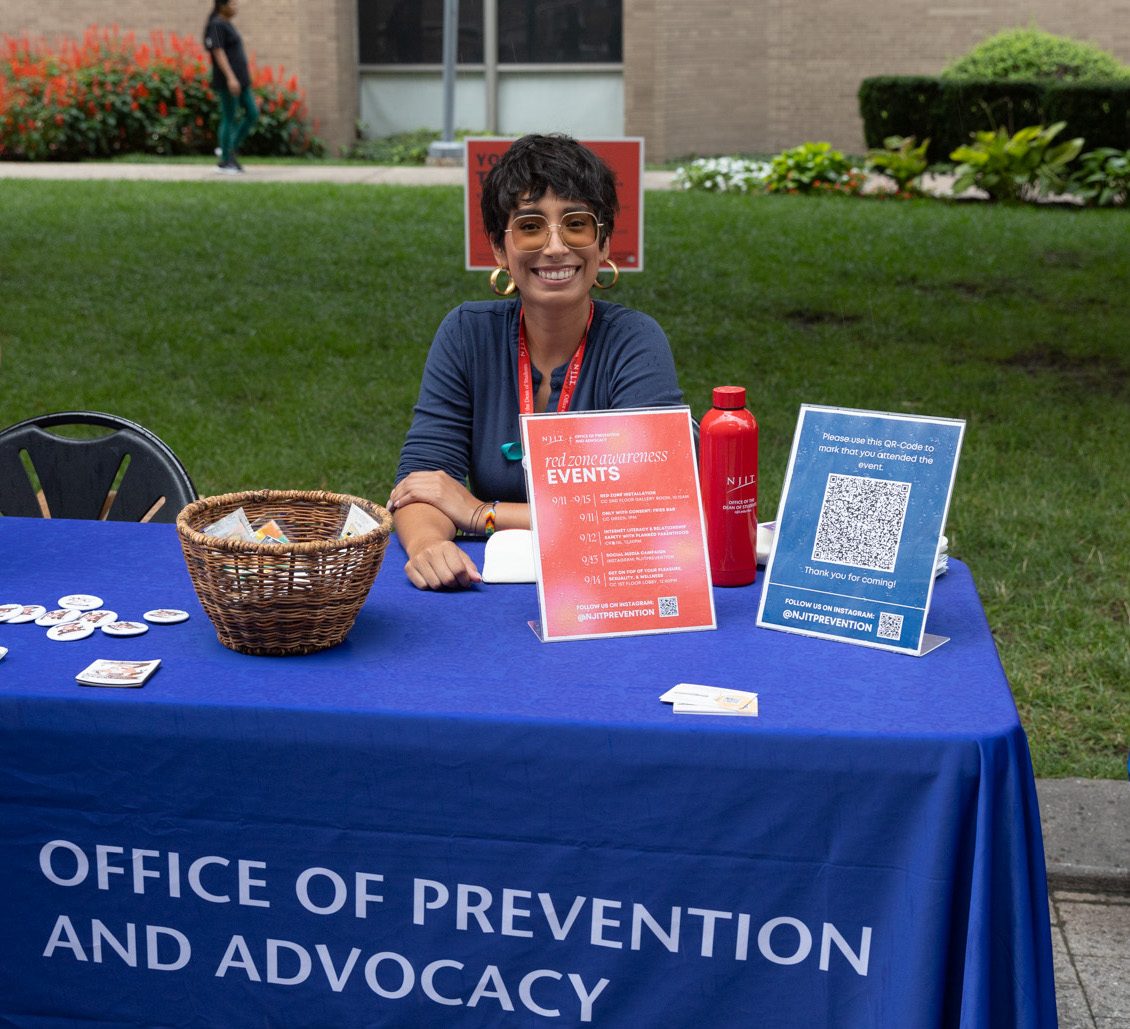Under Louis Wells, senior lecturer and the artistic coordinator for the Rutgers-NJIT Theatre Arts and Technology Program, is producing another play virtually that will serve as a reflection and documentation of this year’s pandemic.
Every_01 is an adaptation of Everyman, a 15th-century morality play about a person who is faced with Death and their journey facing what they have done with their life before their eventual return to their grave. Wells chose to produce this play, particularly due to its added significance to today’s world.
The original play was written a bit over 100 years after the bubonic plague. “The play was created almost like a how-to manual on how to die… and so this was part of a series of woodcuts and illustrations on death and dying to help people make peace with death, to make light of it so that people could go on living in the middle of all this death.” as Wells explains. In comparison, “This pandemic exposes how much our culture in the United States, at the beginning of the 21st century, has siloed off parts of society that we just don’t want to deal with. And one of those is Death, and this pandemic has really brought it out how we culturally are just terrified to face it. We’re completely obsessed with it aesthetically, but we are not interested in it practically.”
The production as a whole is also very different from any other on a variety of levels. Unlike most plays, Every-01 will be shown as a video that is prerecorded. A lot of the play will be recorded through Zoom in a single shot in order to capture the actors speaking to each other rather than separate one-sided conversations. These recordings will then be edited into a piece that will look as though the viewer is looking at a desktop. “The final eight minutes of it leave the conventions of the desktop computer and it goes out into the real world. But we put all that on the stage because Shakespeare says all the world’s a stage,” said Wells. This final part of the play that will be recorded on stage will also include using the entirety of the auditorium to film. Only essential actors will take the stage when filming is done in person, with approval by NJIT and COVID-19 tests that return negative. Additional editing will combine both parts of filming the play into the final product.
Wells added that there is added benefit to filming some sections in separate locations. The students are in charge of creating their own backgrounds by shaping their rooms in order to express their character. “Each student is almost like their own producer of their own performance. To me that is really a really cool process because it just makes everybody a small storyteller beyond their role.”
The background for one of the characters, Death, will also be created using live motion capture, as Wells explained. “You know the Microsoft Kinect video game thing with the cameras. Now all the original complexity of the original Microsoft Kinect is literally at the very top of your iPhone… We are using one as well. So the actor playing Death will be sitting and talking and gesturing and things like that. Meanwhile, the Kinect will be taking his face, his hands, the tone of his voice and it will be modulating a series of digital sprites so that they move around the environment in response to his performance… You’ll probably assume that somebody just did this during edits. But for me, this is part of research and development, making special effects that actors can control. It gives them more control over their performance.” This responsive technology is something that the department has used in the past during its production of Hamlet and has chosen to use once again to include an added effect, but this time, on screen.
The play will also have very active subtitles built into the video. “So it’ll almost look like a lyric video,” said Wells. “You’ll be reading it and hearing it at the same time. And there’s a reason for that… Shakespeare was considered brilliant in his time for making the language legible. You hear that Shakespeare is considered a realist compared to the people before him because they use really crazy rhyming schemes and burst structures that were hard to even say out loud. So this play, it doesn’t really use the complicated verse structure, but it uses very old words that we don’t really use anymore. So I thought that it would be beautiful to see those words. Also, some of the lines are genuinely beautiful poetry, and I thought seeing them as well as hearing them would help reinforce it.”
“I’ve had, for the last three years, a deaf student and it always felt like he had to experience the work at a distance,” Wells continued. “And I think this might be the first thing he’s seen where he feels like, ‘Oh, I was included in it.’ It wasn’t an afterthought we had, the subtitles. It’s like you made it a part of it. And that’s our goal. So it’s not just going to be like little words underneath, it should be more alive.”
Wells also described his future image of play as one that is perceived as abnormal, fitting the time period. “I’m choosing to make the set out of pieces that are very familiar to our moment in time. Basically, I’m trying to make a time capsule. I’m making a play that like in a year people might go, ‘Oh, that was weird. I don’t remember any of that.’ In five years, they may not remember any of it. In 20 years, they’ll look at it and think, ‘Wow, what a weird thing to go through.’
Every-01 will premiere on March 3, 2021 at 7 p.m. on the theatre.njit.edu website.
























